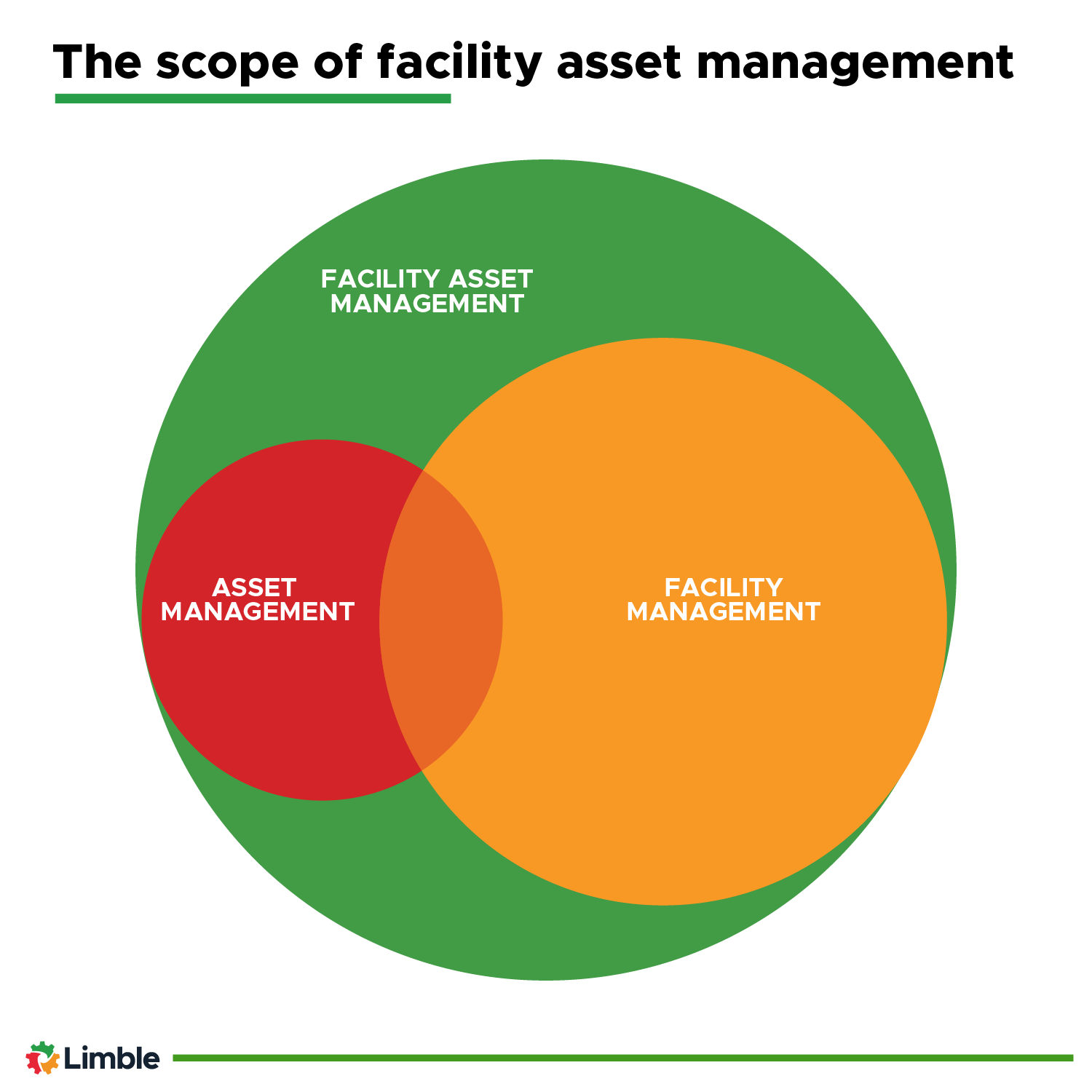Why Facility Management is Critical for Property Durability
Why Facility Management is Critical for Property Durability
Blog Article
Key Patterns Shaping the Future of Center Management in 2024
As we look ahead to 2024, the landscape of facility management is poised for substantial transformation, driven by numerous key trends. The combination of clever structure modern technologies and a shift towards data-driven decision-making assurance to boost operational effectiveness while focusing on sustainability in technique.
Smart Structure Technologies

Smart structure modern technologies include a vast variety of systems, including intelligent lights, a/c controls, and safety systems. By integrating these systems, center supervisors can check and change parameters in real-time, bring about considerable reductions in power waste and operational costs. For example, wise sensing units can identify occupancy levels and change lighting and temperature accordingly, making certain that power is just utilized when necessary.
Additionally, these technologies assist in enhanced information collection, allowing organizations to track use patterns and identify possibilities for further enhancements. The implementation of wise building technologies not only adds to sustainability objectives however also produces much healthier work atmospheres that can enhance employee efficiency and complete satisfaction.
As we relocate right into 2024, the adoption of wise structure technologies will likely increase, showing a wider shift in the direction of even more intelligent, receptive, and lasting center management methods.
Data-Driven Choice Making
Significantly, organizations are leveraging data-driven decision making to improve center management practices. By using information analytics, center managers can obtain workable understandings that significantly improve operational performance and resource appropriation. The assimilation of innovative technologies, such as IoT sensors and real-time monitoring systems, allows the collection of huge quantities of information on structure efficiency, occupancy rates, and power usage.
This wealth of information enables facility managers to determine patterns, anticipate upkeep demands, and proactively address issues before they escalate. For example, anticipating analytics can forecast devices failures, minimizing downtime and repair service expenses. Additionally, data visualization tools promote better interaction among stakeholders, making certain that informed decisions are made collaboratively.
In addition, data-driven methods improve calculated planning by enabling center supervisors to assess the efficiency of present methods and make informed selections relating to financial investments in innovation or facilities. As companies increasingly focus on operational excellence, data-driven choice making is poised to come to be a keystone of successful center administration strategies in 2024 and beyond. Inevitably, the capacity to leverage data efficiently will empower companies to produce more reliable, efficient, and resilient facilities.
Sustainability and Green Practices
The focus on data-driven decision making normally lines up with the expanding concentrate on sustainability and green methods within facility monitoring. As organizations significantly focus on ecological responsibility, facility managers are leveraging analytics to optimize source usage, decrease waste, and decrease carbon footprints. This strategic technique enables the assimilation of energy-efficient systems, such as LED lighting, clever heating and cooling controls, and eco-friendly energy resources right into facility operations.
In addition, the implementation of lasting practices prolongs past energy intake. Facility managers are promoting and taking on green materials recycling efforts to produce a circular economic climate within their centers. This not just improves the environmental account of the organization but additionally promotes a culture of sustainability amongst employees.
Compliance with environmental laws is one more vital aspect driving the fostering of eco-friendly techniques. By using data learn this here now analytics, center managers can keep an eye on conformity metrics and recognize areas for renovation, making sure adherence to international and local sustainability criteria.
Hybrid Job Models
A substantial shift in the direction of crossbreed work models is improving the landscape of center administration in 2024. This standard integrates in-office and remote work, demanding a reevaluation of space use, resource allocation, and worker interaction methods. Organizations are increasingly identifying the value of flexible offices that provide to diverse requirements and choices.
Center managers have to adapt by executing versatile office styles that sustain collective initiatives while offering locations for focused job. This consists of the integration of modern technology to facilitate smooth interaction and collaboration amongst remote and in-office employees. Smart structure solutions, geared up with sensors and analytics, enable for real-time tracking of room usage, making it possible for organizations to optimize their atmospheres successfully.
Furthermore, crossbreed work versions highlight the requirement for reliable facility management that focuses on staff member experience. This incorporates not only technology and area style but additionally the development of policies that promote a balanced work-life dynamic. As business navigate this shift, the role of facility administration ends up being essential in developing an agile workplace that fosters performance and drives business success. Essentially, the hybrid job version is changing center administration, urging a proactive strategy to meet the progressing demands of the workforce.
Boosted Owner Health
As organizations accept hybrid work versions, an enhanced concentrate on resident wellness is becoming essential to center administration strategies. Facility Management. This shift recognizes that a completely satisfied and healthy workforce straight affects performance and retention prices. Center supervisors are currently prioritizing settings that promote mental and physical well-being, web incorporating components such as all-natural lighting, biophilic layout, and easily accessible wellness resources

Innovation plays a critical function in this advancement. Smart building systems can check environmental aspects and readjust setups in real-time, guaranteeing ideal convenience degrees - Facility Management. Responses devices, such as tenancy sensors and worker studies, permit center supervisors to consistently improve wellness campaigns based on occupant needs.

Final Thought
In 2024, the future of center administration will certainly be dramatically affected by the combination of smart structure modern technologies and data-driven decision-making, promoting enhanced operational performance. Sustainability efforts will focus on eco-friendly techniques, while the appearance of hybrid job versions will necessitate adaptable office designs. In addition, an increased concentrate on occupant health through innovative a/c systems and biophilic design will certainly add to healthier work settings. These patterns collectively highlight the evolving landscape of center management in action to modern difficulties and possibilities.
Facility supervisors are promoting and taking on eco-friendly products reusing initiatives to produce a round economy within their facilities.A considerable change towards hybrid work versions is improving the landscape of facility management in 2024.Additionally, crossbreed job models highlight the need for efficient center monitoring that prioritizes staff member experience.As organizations welcome hybrid job models, an increased emphasis on owner health is becoming essential to center management techniques.In 2024, the future of facility administration will certainly be dramatically affected by the integration of smart structure modern technologies and data-driven decision-making, cultivating boosted operational site web efficiency.
Report this page